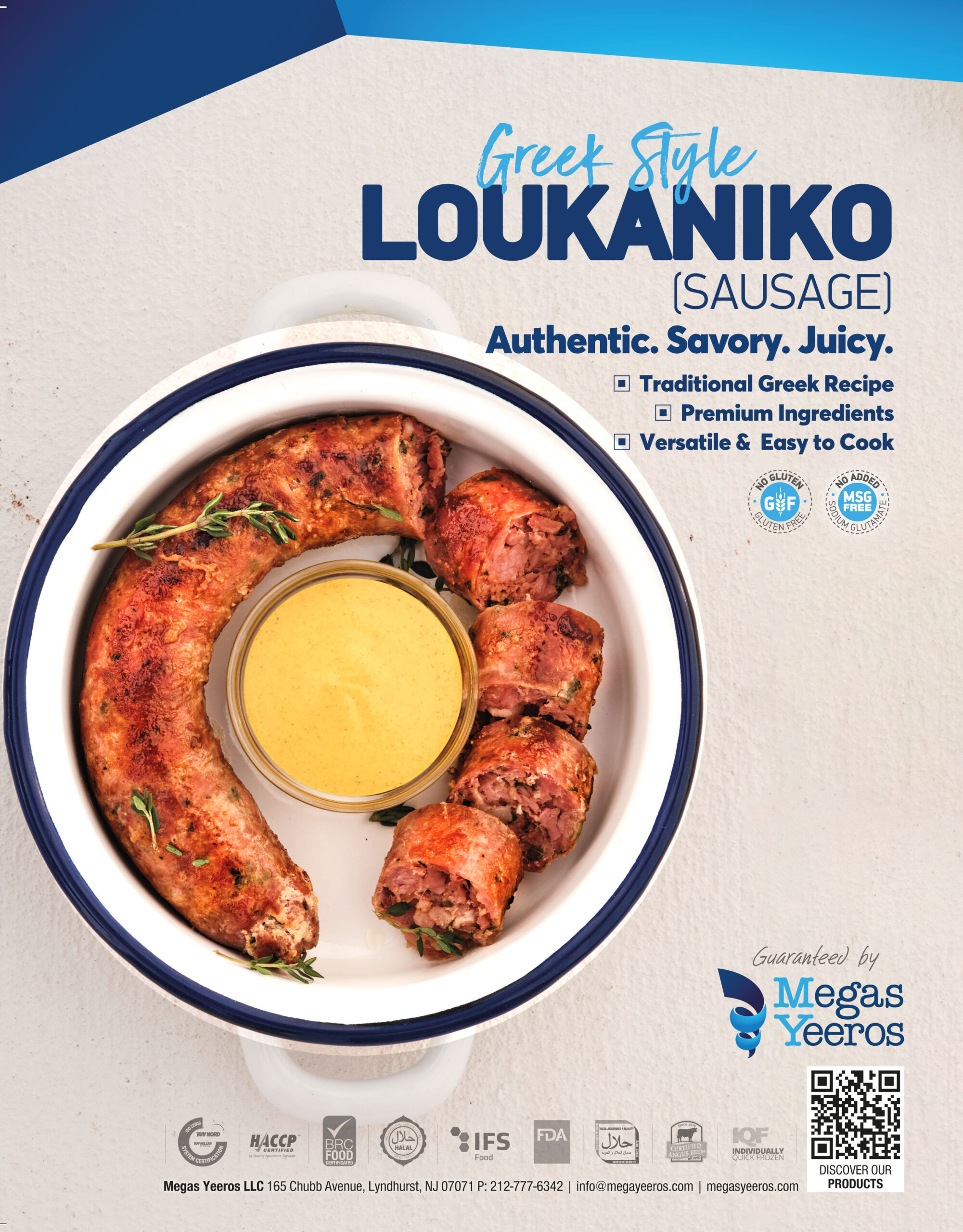Tell Your Story
Posted by estiator at 11 November, at 15 : 48 PM Print
MANAGING FOR SUCCESS By CONSTANTINE N. KOLITSAS Business Coach
If there’s one thing that the public loves, it’s a good story.
“You know that hole-in-the wall tavern on King Street that’s got a line out the door? It was opened during Prohibition as a speakeasy. They made the gin in bathtubs. The same family owns it today.”
“That new restaurant on Route 7 is owned by a guy who was an army cook in the Iraq war. When he left the military, he went to the Culinary Institute and then worked at Tao in Manhattan.”
You may say to yourself, Well, I don’t have such an interesting story. That’s probably because you’ve lived your story and never thought of it as anything special. But, trust me, we all have interesting stories. And your story becomes more interesting if you know how to tell it.
To illustrate, I’ll relay my own story for you. It’s one that’s similar to yours, I’m sure. And this narrative has been very well-received, shaping my restaurant’s image on social media, on our website, and in the press.
I grew up in a small Connecticut city that borders New York State and is within an hour’s drive of New York City. My father was born in Greece on the idyllic island of Andros at a time when the country was poor and the island was poorer. Immigrating to the United States in 1955, he worked in restaurants, dodging immigration officials and quickly moving up the ranks to chef.
Educating his children was his first priority, as it was his dream to study law; a dream denied because of his family’s poverty. And so, I went to college to study law, but by the end of my undergraduate career, I realized that my dream was to be a restaurateur. That’s how Greek father-son relationships go, I suppose: The fathers want to live vicariously through their sons, and the sons want the lives that their fathers lived.
As for my restaurant career, you can say that I’ve been working in the industry since I was in uterus, as my Greek-American mother waited on tables in the luncheonette they owned until she was nine months pregnant. At the age of 12 I was making pizzas in the pizzeria that my father owned at the time, and later, after he sold it, I washed dishes in the diners he worked in and, when was old enough to legally work, I bussed tables.
You can say that I’ve been working in the industry since I was in uterus, as my Greek-American mother waited on tables in the luncheonette they owned until she was nine months pregnant.
Our home life was like a scene in My Big Fat Greek Wedding, except our miracle cure wasn’t Windex but lemons. Have a stomachache? Drink lemon juice. Have a bad mosquito bite? Lemon. Once, my father was in an accident and cut his nose very badly (it eventually took ten stitches to close it). While it didn’t work, he attempted to self-administer treatment by cauterizing the wound by rubbing it with a fresh lemon.
Our home was a revolving door of visitors, with every visit a celebration of food, drink, dance, and song. Whether his bank account was bursting with dollars or nearly empty, the hospitality never changed.
Whenever possible, we would make a summertime trek to Greece, and to Andros, where his brother and sister-in-law maintained the family farm; just a few hundred yards up the mountain from the island’s western shoreline. A meal at my aunt Assimina’s table was produced by her completely. With the exception of coffee, beer, flour, and pasta, everything served was from the farm. The meat was from their livestock, the produce from their fields, the wine and raki from their cellar. Assimina made her own cheeses, olive oil, butter, pitas… It was on these visits to the island where I developed a passion for farm-to-table meals, and a love for fresh, organic ingredients.
What you’ve just read is a narrative. And only the beginning of the narrative. Of course, the entire story doesn’t need to be retold continuously. Depending on the medium, and on the occasion, I pull out different parts of it that serve the need at hand.
If you haven’t done it, you should have your narrative put to paper. It doesn’t have to be a volume, just a page or two. By writing it out, you can shape it, highlight the parts that resonate with the public, and use it to let customers know your story.
────────────
Constantine Kolitsas is a business consultant and president of Greca Hospitality Group, the owners of Greca Mediterranean Kitchen + Bar. He can be reached at dino@grecamed.com.














